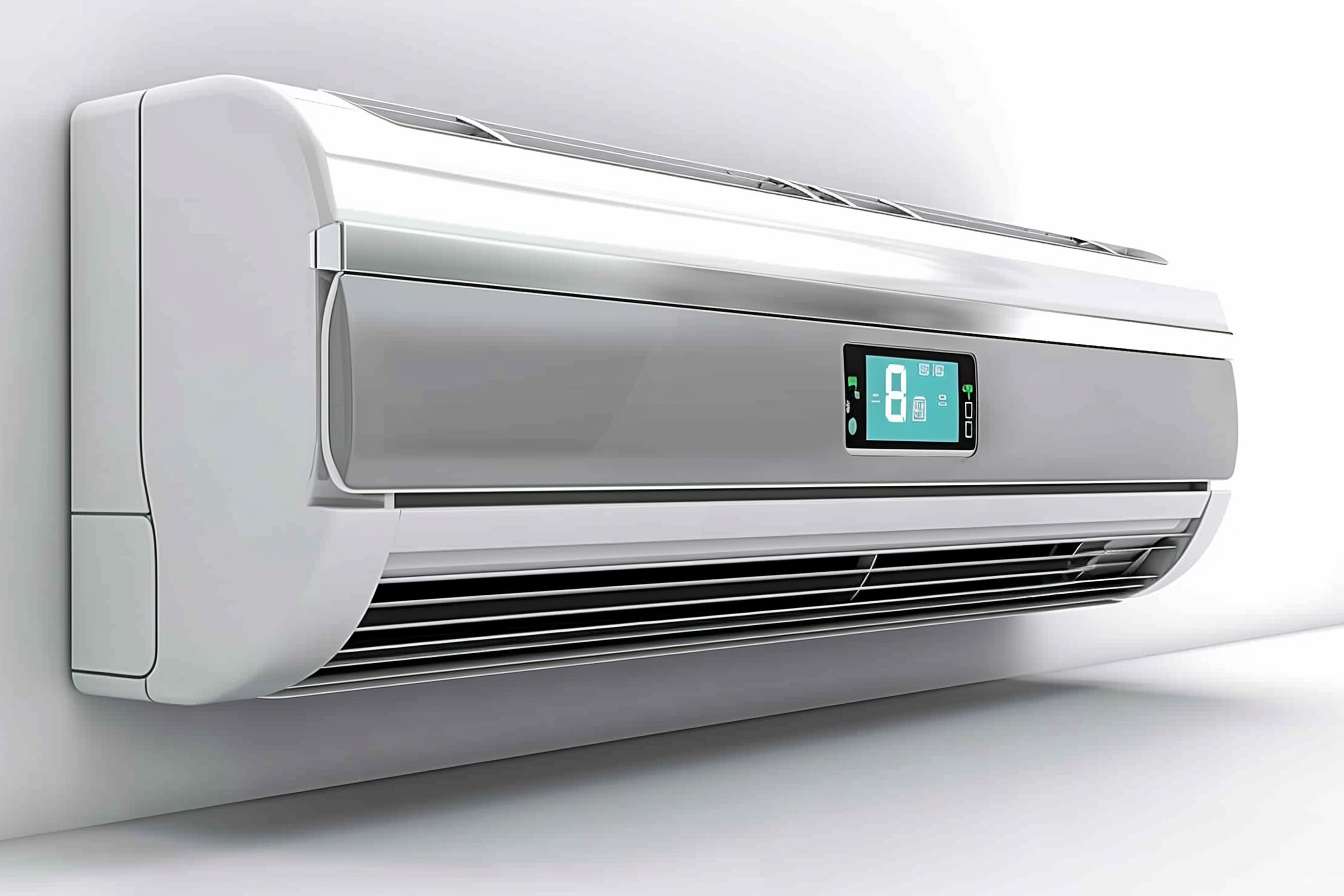What to Look for When Considering Senior Living Options
When selecting a senior living community, consider factors such as location, level of care offered, meal plans, and resident feedback. It’s also helpful to visit in person, ask about staff qualifications, and review inspection reports. Whether you're planning for yourself or helping a loved one, clear information and transparency can help guide your decision.

What types of senior living options are available?
Senior living encompasses a range of housing solutions designed to cater to the varying needs of older adults. In the UK, these options typically include:
-
Independent Living: For active seniors who can manage daily tasks but desire a community setting.
-
Assisted Living: Offers support with daily activities while maintaining a level of independence.
-
Care Homes: Provide round-the-clock care for those with more extensive needs.
-
Retirement Communities: Often feature a mix of independent and assisted living options.
Each type of senior living arrangement offers different levels of care, amenities, and social opportunities. Understanding these distinctions is crucial in finding the right fit for your or your loved one’s specific needs and preferences.
How important is location when choosing senior housing?
Location plays a vital role in selecting the right senior living option. Consider the following aspects:
-
Proximity to family and friends
-
Access to healthcare facilities
-
Availability of local amenities and services
-
Climate and weather conditions
-
Transportation options
When searching for “retirement communities near me” or “assisted living homes UK,” prioritize locations that offer a balance between maintaining existing social connections and accessing necessary services. A convenient location can significantly impact the quality of life and ease of transition for seniors.
What level of care should you look for in senior living facilities?
The level of care offered is a crucial factor in choosing the right senior living option. Consider current needs as well as potential future requirements. Key aspects to evaluate include:
-
Staff-to-resident ratio
-
Qualifications of caregivers
-
Availability of medical professionals
-
Emergency response systems
-
Personalized care plans
For those seeking “independent living for seniors,” ensure that the facility can accommodate changing needs over time. In contrast, “care homes for elderly UK” should offer more comprehensive support for those with higher care requirements.
What amenities and activities are important in senior living communities?
A fulfilling senior living experience goes beyond basic care. Look for communities that offer:
-
Diverse social activities and events
-
Fitness and wellness programs
-
Dining options and meal plans
-
Transportation services
-
Housekeeping and maintenance support
These amenities contribute to a vibrant and engaging lifestyle, promoting social interaction and overall well-being. When evaluating options, consider which activities and services align best with personal interests and needs.
How can you assess the quality and reputation of senior living facilities?
Researching the quality and reputation of potential senior living options is crucial. Consider the following steps:
-
Read online reviews and testimonials
-
Visit the facility in person, if possible
-
Speak with current residents and their families
-
Check for certifications and accreditations
-
Review inspection reports and ratings
For “senior living UK” options, consult resources like the Care Quality Commission (CQC) for official ratings and inspection reports. This information can provide valuable insights into the quality of care and overall resident satisfaction.
What are the typical costs associated with different senior living options?
Understanding the financial aspects of senior living is crucial for making an informed decision. Here’s a general overview of costs for different senior living options in the UK:
| Type of Senior Living | Average Monthly Cost | What’s Typically Included |
|---|---|---|
| Independent Living | £1,500 - £3,000 | Housing, utilities, some meals, activities |
| Assisted Living | £2,500 - £4,000 | Housing, personal care, meals, activities |
| Care Homes | £3,000 - £5,000 | 24/7 care, all meals, accommodation |
| Retirement Communities | £2,000 - £4,500 | Housing, amenities, some care services |
Prices, rates, or cost estimates mentioned in this article are based on the latest available information but may change over time. Independent research is advised before making financial decisions.
It’s important to note that costs can vary significantly based on location, level of care required, and specific amenities offered. Additionally, funding options such as NHS continuing healthcare, local authority support, and personal savings should be explored to help manage these expenses.
When considering senior living options, take the time to thoroughly research and compare different facilities. Visit in person when possible, ask detailed questions about care plans and costs, and trust your instincts. Remember that the goal is to find a comfortable, safe, and enriching environment that meets both current and future needs. By carefully evaluating factors such as location, level of care, amenities, reputation, and cost, you can make a well-informed decision that ensures the best possible quality of life for yourself or your loved one in their senior years.




